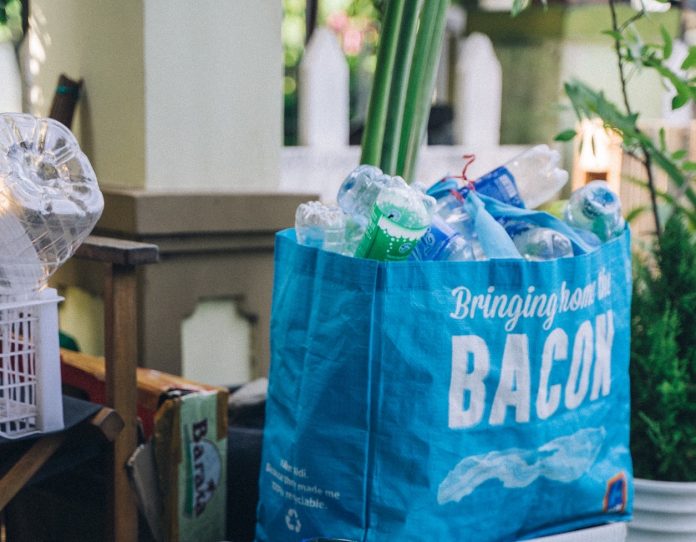What is the problem?
Plastics are important for our lives and the EU economy. However, according to the Plastics Strategy (2018), Europeans generate around 25.8 million tonnes of plastic waste/year. Less than 30% of this is collected for recycling. Landfilling (31%) and incineration (39%) remain high. Production and incineration of plastic waste produce ~ 400m tonnes of CO2/year globally, contributing to climate change. It is estimated that plastic accounts for over 80% of marine litter. Unrecycled plastics take hundreds of years to break down, causing irreversible damage to aquatic and terrestrial ecosystems and biodiversity. Microplastics released into air, water and food create health risks (~300,000 tonnes/year).Demand for recycled plastics is only 6% of total demand in the EU, meaning that ~ 95% of the value of plastic material is lost to the EU economy (€70-105b in lost income).
Plastics accumulate in the Mediterranean Sea at a density comparable to areas of highest plastic accumulation in oceans. This is pertinent to the islands of Cyprus, Malta and Greece; our project’s scope. Our project targets single-use plastics (SUP), which constitute 50% of all marine litter most often found in EU beaches, according to EU Directive 2014/904 on plastics. Tourism is a major contributor to all 3 national GDPs of the partner countries (Cyprus: 6.4% in 2015; Malta: 7.2% in 2016; Greece:18.3% in 2017), but one of the biggest sources of marine litter. All 3 countries top the EU list for per capita generation of municipal waste (for 2016 in kg/capita: 640 in Cyprus, 621 in Malta,498 in Greece), with low respective recycling rates (in 2016-7% in Malta & 16% in Greece, in 2017-14% in Cyprus). These tourism industries rely on litter-free beaches to attract visitors. This presented an opportunity for this pilot project to support the 3 industries to move to sustainable and resource-efficient business models that will replace SUP, reducing their consumption, disposal, related GHG emissions, climate change impacts and leakage into ecosystems.
What has the European Union done so far?
The European Union has adopted the Directive 2019/904 on the reduction of the impact of certain plastic products on the environment, with the objective of preventing and reducing the impact of certain plastic products on the environment, in particular the aquatic environment, and on human health. It also aims to promote the transition to a circular economy with innovative and sustainable business models, products and materials, thus also contributing to the efficient functioning of the internal market. This Directive has now been transposed into national law in all Member States, including the 3 partner countries.
What does the SUPMed project aim to achieve?
The project titled “Reducing the Consumption and Disposal of Single-use Plastics in the Tourism Industry in Cyprus, Greece and Malta”, also known as “SUPMed”, aims to implement a common solution to the EU shared and urgent challenge of single-use plastics (SUP), to help the tourism sector in the three regions and in Europe in general, reduce the consumption, disposal and impact of SUP in line with EU Directive 2019/904. In other words, this project aims to assist tourist establishments apply the principles of the EU directive efficiently and effectively.
Specifically, the partners have selected a sample of at least 3 tourist establishments per region. Now, the partners are supporting these coastal tourist establishments in Cyprus, Malta and Greece (Crete) via pilots to move to sustainable resource-efficient business models that will identify and replace commonly used SUP with environmentally friendlier, readily available and affordable alternatives. The pilot samples will be supported in phasing out and replacing SUP via a bespoke free web-based decision-support tool (DST) that is being developed. The DST will present viable and available alternatives to the most commonly used SUP, taking into consideration the cost and environmental impacts of each alternative across its life-cycle.
The outputs of the project will be the DST, along with best practice guides based on the findings of the pilots. The project outputs will be disseminated to tourist establishments, NGOs and SMEs all over Europe as a means to assist in the process of replacing or minimising the use of SUP, and their associated environmental impacts.
To keep up to date with the project, follow us on Facebook, Twitter and LinkedIn and visit our project website.


